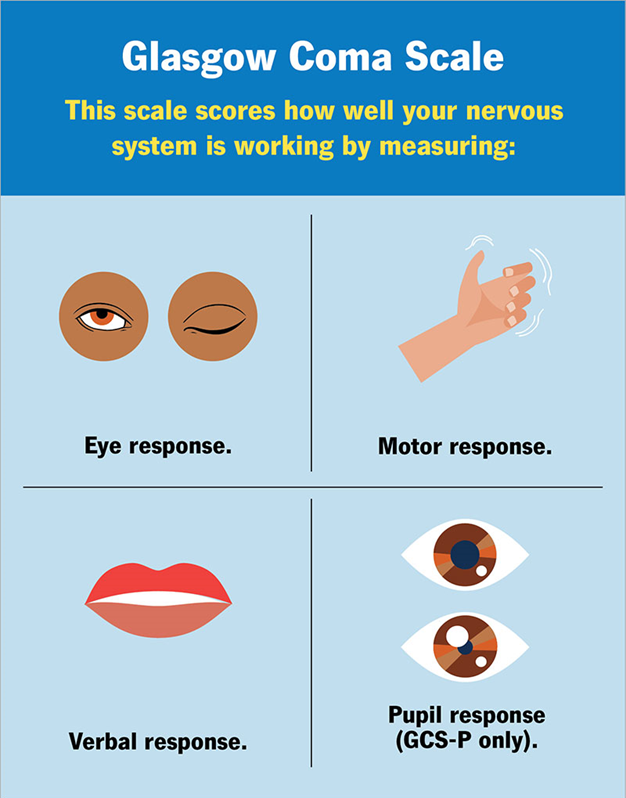A nurse is caring for a client who is scheduled for coronary artery bypass surgery and does not wish to have any blood transfusions. The nurse should recognize that administering blood to this client is a violation of which of the following ethical principles?
Autonomy
Fidelity
Justice
Veracity
The Correct Answer is A
Choice A reason: This is the correct choice because autonomy is the ethical principle that respects the client's right to make their own decisions about their health care. The nurse should honor the client's wishes and preferences, even if they differ from the nurse's or the provider's. The nurse should not force or coerce the client to accept blood transfusions, as this would violate their autonomy.
Choice B reason: This is not the correct choice because fidelity is the ethical principle that requires the nurse to be faithful and loyal to the client and their agreement. The nurse should keep their promises and commitments, and act in the best interest of the client. The nurse should not administer blood transfusions to the client without their consent, as this would breach their trust and fidelity.
Choice C reason: This is not the correct choice because justice is the ethical principle that ensures fair and equal treatment for all clients. The nurse should distribute resources and services according to the client's needs and rights, and avoid any discrimination or bias. The nurse should not administer blood transfusions to the client against their will, as this would disregard their justice.
Choice D reason: This is not the correct choice because veracity is the ethical principle that obliges the nurse to be honest and truthful with the client. The nurse should provide accurate and complete information, and disclose any errors or risks. The nurse should not administer blood transfusions to the client without informing them, as this would violate their veracity.
Nursing Test Bank
Naxlex Comprehensive Predictor Exams
Related Questions
Correct Answer is D
Explanation
Choice A reason: The most recent blood glucose reading is not the most important information for the nurse to report at shift change. IV corticosteroids can cause hyperglycemia, which requires monitoring and treatment, but it is not as critical as the client's level of consciousness.
Choice B reason: The laboratory tests scheduled for next shift are not the most important information for the nurse to report at shift change. The nurse should inform the oncoming nurse about the tests, but they are not as urgent as the client's neurological status.
Choice C reason: The reddened area on the coccyx is not the most important information for the nurse to report at shift change. The nurse should document and report any signs of skin breakdown, but they are not as life-threatening as the client's increased intracranial pressure.
Choice D reason: The Glasgow Coma Scale score is the most important information for the nurse to report at shift change. The Glasgow Coma Scale is a tool that measures the client's level of consciousness based on eye opening, verbal response, and motor response. A decrease in the score indicates a deterioration in the client's neurological condition, which requires immediate intervention.

Correct Answer is B
Explanation
Choice A reason: Contacting the client's next of kin to obtain consent for treatment is not a correct action, as it may delay the necessary and urgent care for the client. The nurse should assume that the client would consent to life-saving treatment and act in the client's best interest.
Choice B reason: Proceeding with treatment without obtaining written consent is the correct action, as it is justified by the emergency doctrine. The nurse should provide immediate and appropriate care for the client who is unable to give consent due to their condition.
Choice C reason: Having the client sign a consent for treatment is not a correct action, as the client is disoriented and cannot give informed consent. The nurse should not ask the client to sign any documents that they may not understand or remember.
Choice D reason: Notifying risk management before initiating treatment is not a correct action, as it is not a priority in an emergency situation. The nurse should focus on the client's needs and safety and document the care provided and the rationale for the actions taken.
Whether you are a student looking to ace your exams or a practicing nurse seeking to enhance your expertise , our nursing education contents will empower you with the confidence and competence to make a difference in the lives of patients and become a respected leader in the healthcare field.
Visit Naxlex, invest in your future and unlock endless possibilities with our unparalleled nursing education contents today
Report Wrong Answer on the Current Question
Do you disagree with the answer? If yes, what is your expected answer? Explain.
Kindly be descriptive with the issue you are facing.
